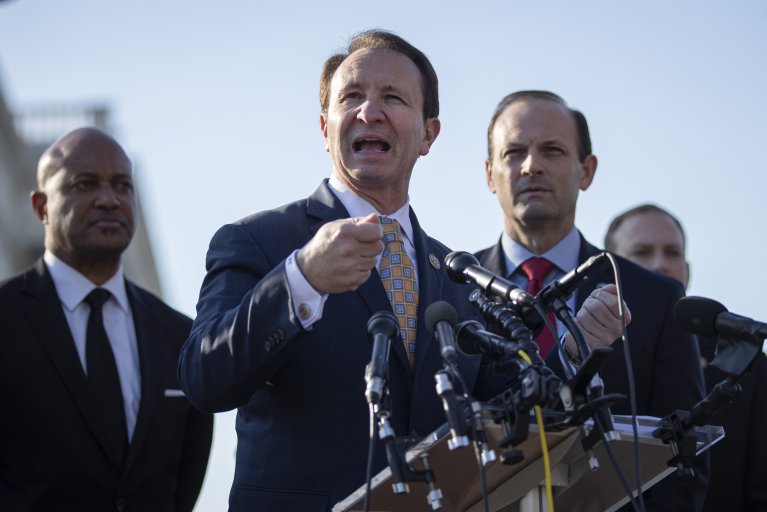The October slump. The pre-spring break blues of March.
Teachers will debate vigorously which months of the school year are hardest, but those two 31-day months tend to be the roughest for many educators. The shine of the new year has worn off by October, just as the workload has become heavier and student behaviors get more challenging. March—so distant from the refresh of winter break—can bring a backlog of work and stress about state testing.
Principals, though, can help. For starters, they should anticipate the low points and plan interventions for them, writes S. Kambar Khoshaba, a veteran principal in Lorton, Va. He expects that being proactive will help keep morale higher and burnout lower—including his own.
In a recent advice column for EdWeek Opinion, Khoshaba highlighted three strategies he is using this year to intervene before teachers’ attitudes sour.
1. Know when morale is likely to flag
Depending on the school community and the composition of the staff, the periods when burnout is most likely can vary. That’s why Khoshaba did this last year:
- He surveyed teachers and staff members to gauge which months the majority say are the hardest. For his team, it was November and March.
2. Be strategic about when to celebrate staff and don’t limit recognition to one week a year
Everyone appreciates hearing when they’ve done a good job or made a positive contribution, especially when the praise is specific. Teachers are no different. That’s why Khoshaba is doing this:
- He’s scheduling staff-recognition days for every Friday during November and March.
“Ideas that we typically save for Teacher Appreciation Week—written cards of appreciation from students, treats, and time off from meetings—will now be spread out when morale needs a bump,” he writes.
3. Involve students in helping staff stay more upbeat
Khoshaba knows he’s got some staff members who need help getting fired up for the start of a new school year. He’s tapping into the student body to help with that and to help build and maintain a broader culture of recognizing all the ways staff contribute. This is what he’s doing:
- A first-day-of-school pep rally to rev students and staff members
- Regular celebrations of staff and students who contribute to the school’s goal of a universal sense of belonging. Staff members will nominate students for overcoming a difficult challenge or for showing exceptional character—the top 5 will have their stories shared at the next faculty meeting. Likewise, students will be able to share stories of how a teacher has inspired them.
Disclaimer: The copyright of this article belongs to the original author. Reposting this article is solely for the purpose of information dissemination and does not constitute any investment advice. If there is any infringement, please contact us immediately. We will make corrections or deletions as necessary. Thank you.







